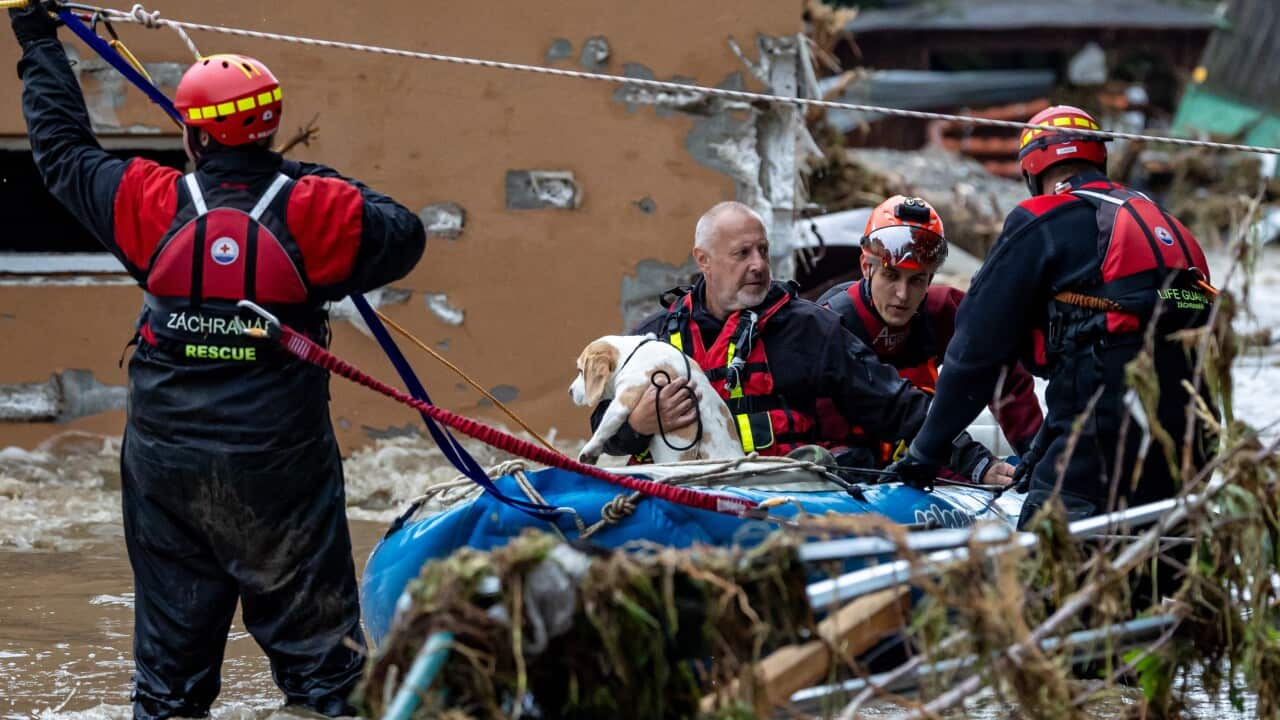Key Points
- Hurricane Milton has killed at least 10 people in Florida.
- The storm has now weakened and moved into the Atlantic Ocean after causing widespread destruction.
- Over three million homes and businesses have lost power across Florida.
Hurricane Milton plowed into the Atlantic Ocean on Thursday after cutting a destructive path across Florida that spawned tornados, killed at least 10 people and left millions without power, but the storm did not trigger the catastrophic surge of seawater that was feared.
Florida governor Ron DeSantis said the state had avoided the "worst-case scenario," but he cautioned the damage was still significant. The Tampa Bay area appeared to sidestep the storm surge that had prompted the most dire warnings.
US Homeland Security Secretary Alejandro Mayorkas said at a White House briefing the government had reports of at least 10 deaths from Milton, adding it appeared they were caused by tornados.
In St Lucie County on Florida's east coast, a spate of tornados killed five people, including at least two in the senior-living Spanish Lakes Communities, county spokesperson Erick Gill said. Search-and-rescue teams there are combing through hard-hit areas, including a mobile home park.
There were 19 confirmed tornados in Florida as of 8pm local time on Wednesday, about the time Milton made landfall, DeSantis said.
More than three million homes and businesses in Florida were without power on Thursday morning, according to PowerOutage.us.
At least some had already been waiting days for power to be restored after Hurricane Helene hit the area two weeks ago.
In the Tampa area, the storm toppled trees, threw debris across roadways and downed power lines, video footage from local news showed. Some neighbourhoods were flooded, but the extent of the damage will not be known until crews can assess the destruction, Tampa Mayor Jane Castor said at a morning news conference.
Steven Cole Smith, 71, an automotive writer and editor who lives in Tampa about 11 km from the Gulf Coast, rode out the storm with his wife. He said the wind shook the windows so hard he thought they would shatter.
"We really didn't have anywhere else to go," Smith said of their decision not to follow evacuation orders. He has a house in central Florida, but said the forecast for that area looked as bad as where he was staying.
Luckily, he said, Tampa was spared a direct hit.
The storm hit Florida's west coast on Wednesday night as a Category 3 hurricane on the five-step Saffir-Simpson scale. While still a dangerous storm, Milton had weakened from the rare Category 5 status as it trekked over the Gulf of Mexico toward Florida.
Milton tailed off further over land, dropping to a Category 1 hurricane as it reached the peninsula's east coast, the National Hurricane Center said. By Thursday morning, the storm was moving away from the Florida Atlantic coast after lashing communities on the eastern shoreline.










